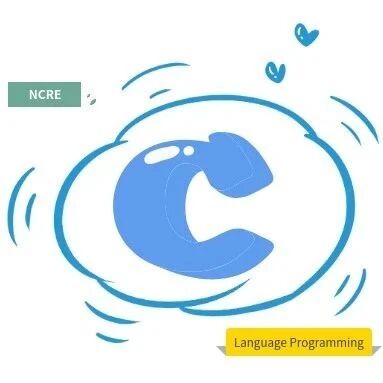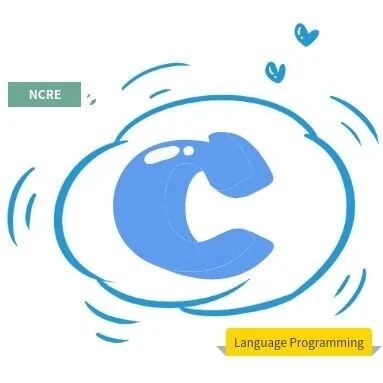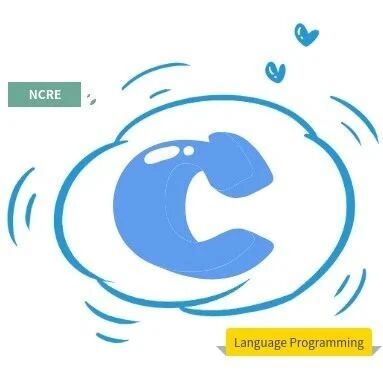C Language Exercise Class – Day 7
01 Observe the following statement: char str1[10], str2[10] = {“books”}; The correct statement that can assign the string “books” to the array str1 is A) str1 = {“Books”}; B) strcpy(str1, str2); C) str1 = str2; D) strcpy(str2, str1); Answer: B Explanation: For option A: Correct, using the standard library function to copy the string. For … Read more









